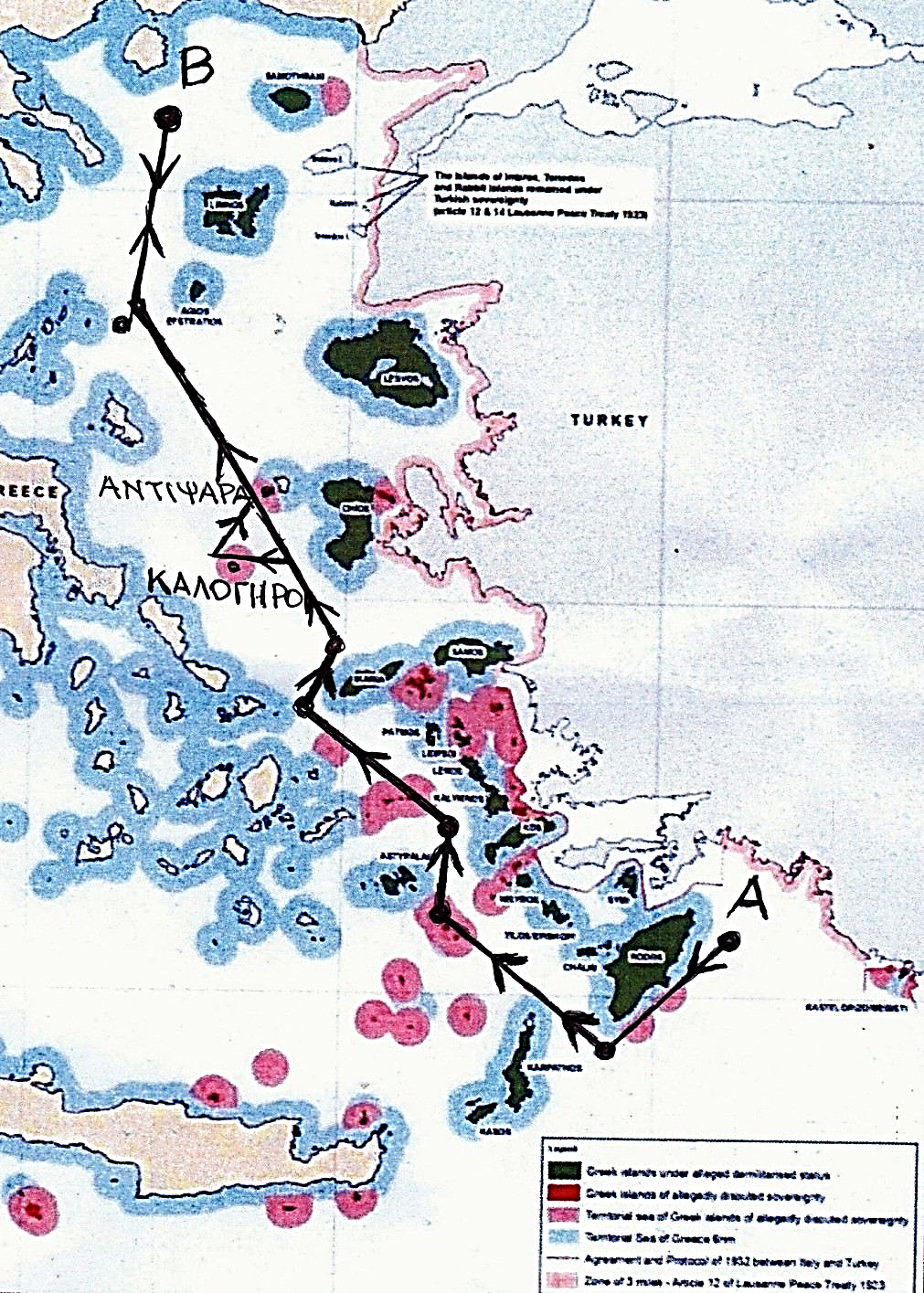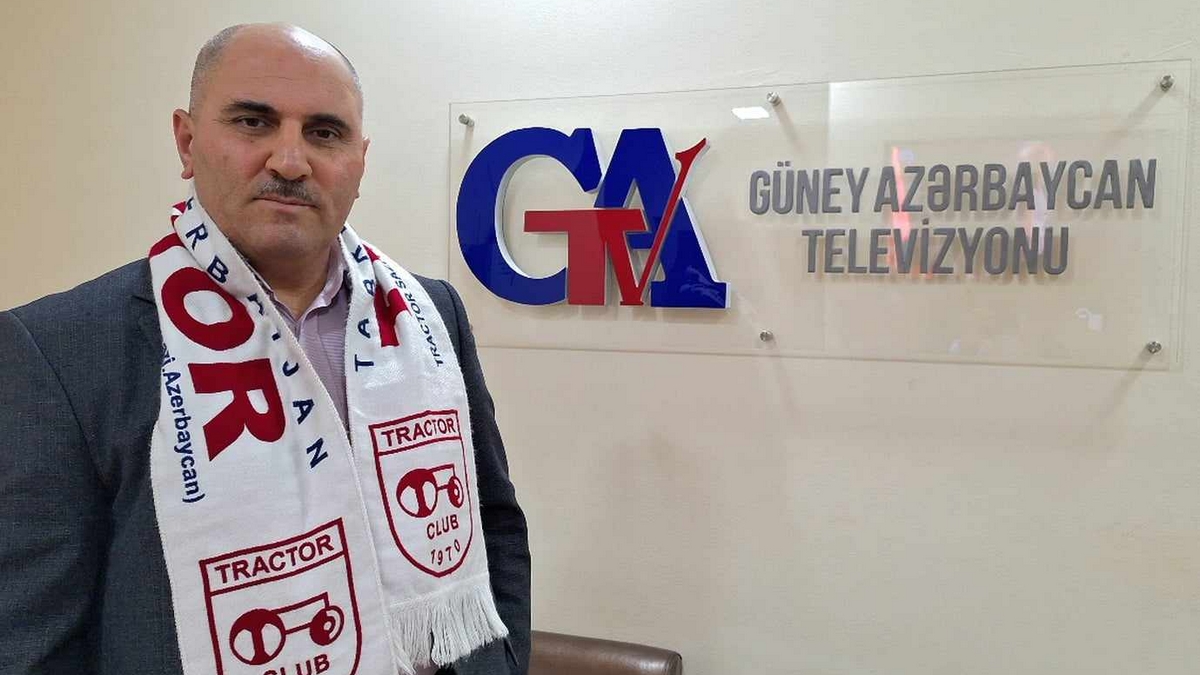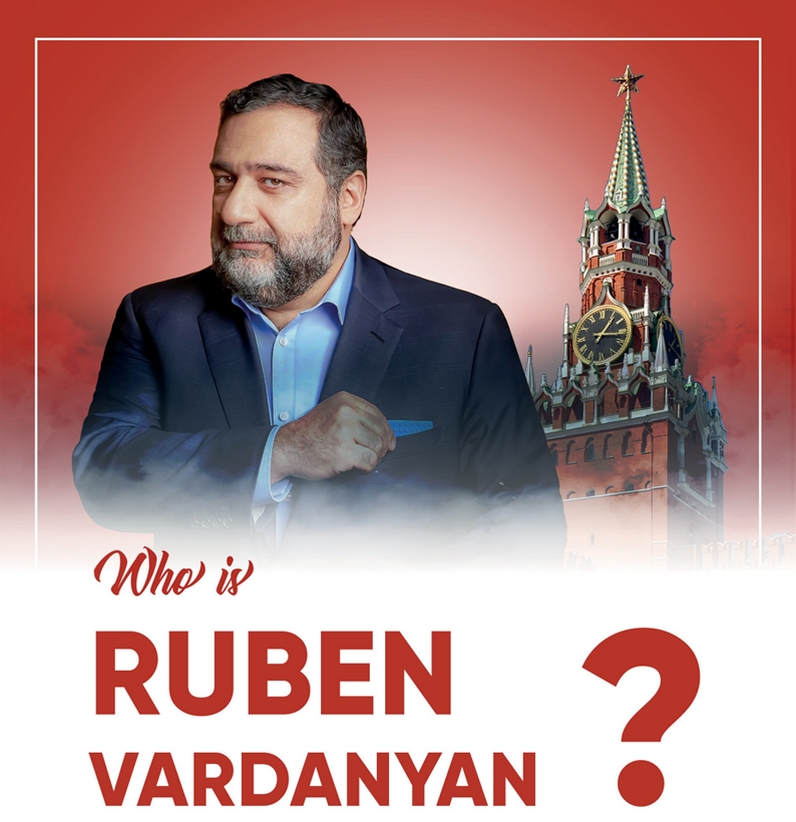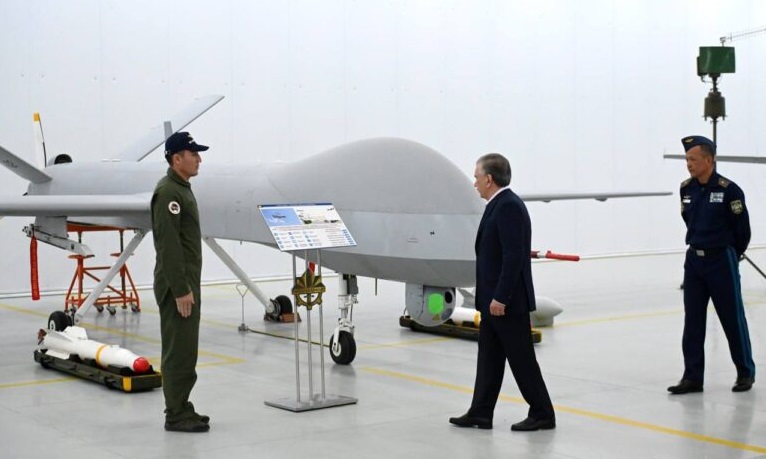Blinken’s second letter to Congress facilitates and serves Turkey to permanently challenge Greek sovereignty over islands and islets
25.02.2024 • 22:03
The Biden administration with not one, but two letters from the US Secretary of State Blinken to the Congress on the guarantees of the sale of F-16s to Turkey facilitates and authorizes it to permanently and completely question the Greek sovereignty over islands, islets and islets in the Aegean, with the Mitsotakis government not having realized the deadly/disastrous trap for Greek sovereignty in the Aegean and the opposition parties being in a criminal nirvana, which leads to a division of Greek sovereignty in the Aegean.
From Kyra Adam
The letter on the restrictions on the sale of F-16s to Turkey was presented journalistically as a Greek success, and this because none of the government or the competent experts understood the phrase “internationally recognized sovereignty“. US Secretary of State Blinken sent his first secret letter to Congress on the approval of the sale of spare parts and new F-16s to Turkey, involving the Turkish F-16s with the Greek F-35s “to maintain the balance of power”.
However, motivated by the pre-election period in the USA and the fierce votes of the Greek and Cypriot lobby, a group of American senators around Senator Bob Menendez and Greek-American actors demanded a second letter from Blinken to Congress, with the aim of making clear and clearly visible Turkey’s commitments to do not use the F-16s against Greece.
This was the occasion for the State Department, with the cooperation and assistance of the pro-Turkish Legal Service of the US Department of State, at this time, to formulate the second Blinken letter to Congress, giving the right and authorization to Ankara from the US to fragment Greek sovereignty and all national Greek interests within the Athens FIR. A fact that allows Turkey to return to the era and actions of 1996, with the Declaration of Athens now looking like… rag paper.
In particular, in this second letter Blinken states verbatim: “…If a NATO ally commits repeated violations within the internationally recognized borders of another ally, the US will try to resolve the situation diplomatically.” If the situation cannot be resolved through normal diplomatic channels, the US will use additional political and economic tools to resolve the situation. With the fancy term “internationally recognized borders” between NATO allies, in this case Greece and Turkey, the US is striking directly against Greek sovereignty at 10 p.m. of the national airspace in the Aegean, against Greekness and Greek sovereignty over the islets and rocky islets of the Aegean, while rendering the Athens FIR non-existent.
In other words, they offer another gift to Erdogan, in his aspirations and claims against Greek sovereignty and Greek interests in the Aegean, now openly and directly supporting Turkish positions at the expense of Greece. And, in fact, through an official letter to Congress, which aimed to prohibit Turkey from using the American-made F-16s it will receive at the expense of Greece.
Secret document ‘nullifies’ Athens FIR and 10 miles of national airspace
It is noted that the second Blinken letter:
- Firstly, it takes advantage of the fact that Greece from the mouth of the Evros to the east of Kastellorizos has no continuous sea border with Turkey, only the middle line between the Greek islands and the coast of Turkey.
But even this middle line is not agreed upon between Greece and Turkey both through fault and because of Turkey’s views. However, between Samothraki and Lemnos, Lemnos and Lesvos, Lesvos and Chios, Chios and Samos, Rhodes and Kastelorizo, etc. there are no Greek-Turkish borders at all, nor can they ever be defined, since the distances from the Turkish coasts to the Greek islands are greater than the territorial waters of the two countries (6+6=12 nm) and there is no middle line.
With the American wording-Trojan horse, which is misleadingly presented as protection of Greek sovereignty, “within internationally recognized borders”, Turkey is granted the right to enter the Aegean with the American F-16s unchecked through international airspace, e.g. between Lemnos and Lesvos and without filing a flight plan, to thresh in the international airspace of the Aegean, and to exit the international sea and the international airspace between Rhodes – Kastellorizos, thus having operational control (with all Turkish military aircraft) throughout the international airspace of the Aegean and the Mediterranean.
And this is because according to the Blinken letter and pursuant to this letter, Turkey does not violate internationally recognized borders, given that the international sea and international airspace do not constitute recognized borders under International Law. At the same time, with regard to military aircraft – namely the American-made F-16 – the Athens FIR, which is not a recognized Greece-Turkey border, is also abolished.
- Secondly, according to the Chicago Convention and the Law of the Sea, but also the statements of Mitsotakis – Gerapetritis that Greece has 6 nautical miles. sovereignty, it is proved that the islands of Samothraki, Lemnos, Lesbos, Rhodes, Kastellorizo, etc. they have internationally recognized sovereignty at 6 nautical miles, which NATO also accepts and applies.
Thus, with the second Blinken letter, the airspace on the islands beyond 6 n.m. ( 6-10 n.m.) is not internationally recognized Greek sovereignty, with the result that Turkish F-16s and UAVs can fly at 6-9 n.m. from the islands, “approaching” Greek sovereignty, without any compensation for the Mitsotakis government and much more for Greece.
- Thirdly, Turkey’s disputes and claims against Greece, as a single and continuous event, and against Greece’s sovereignty and national interests are a controllable and manageable problem. However, they turn into a dangerous threat when the Mitsotakis government cannot legally and indeed in an international context – support Greek sovereignty itself.
In particular, Turkey questions the Greekness of a large number of islets and islets in the Aegean. He even sent a letter to the UN, in which he questions the sovereignty over islands, islets and islets in the Aegean. However, the Mitsotakis government has been found incapable of ensuring the Greekness of islets and islets in the Aegean.
This is proven by the fact that the Mitsotakis government sent a reply letter to the UN under the Ministry of Foreign Affairs Dendias, in which it is stated that islets and rocky islets in the Aegean were granted to Greece by the Lausanne and Paris Treaties. However, in these two Treaties, nowhere is it written that the islets and islets were granted to Greece by the Treaties, nor do they even mention the words “islands” and “rock islets”.
This fact constitutes a criminal indifference on the part of the government to the detriment of Greek sovereignty, since the islets and islets, although they are completely Greek, the government, whether out of indifference or weakness or purposefulness (?), does not legally support them, with the result that country to become internationally resilient and reduce Greek sovereignty in the Aegean. And this is because the Greekness of the rocky islands is not stated in the Treaties, but in international agreements signed by Turkey, which, unfortunately, the government does not bother to identify, in order to ensure Greek sovereignty in the Aegean.
Based on the second letter, the US government ensures Greek sovereignty from Turkish F-16s only from the mouth of the Evros to Didymoteicho, because there is a Greek-Turkish border, internationally recognizing Greek sovereignty based on the Treaty of Lausanne. From Evros to Kastelorizo, the US is putting the Aegean at the mercy of Erdogan, because there is no sovereignty in the international sea.
Blinken’s second “carmaniola” letter about Greek sovereignty and national interests in the Aegean cannot be a surprise, as it follows to the letter the Report of the Congressional Research Directorate on US-Turkish relations in 2023. This pitiful report, to which the Greek government did not react at all, officially characterizes Greek islands in the Aegean as non-Greek, but disputed, arguing that Turkish overflights do not violate Greek sovereignty over the islands, because they are not Greek, but disputed.
In the relevant Map of the Congress Report, cited by the “Sunday democracy” as a presumption for the Biden administration, from 2023 the islands, islets and islets are not Greek (in pink on the Map):
- In the area of Crete: Gavdos, Chrysi, Koufonisi, Dia, Dragonada, Elassa.
- In the area of Karpathos: Astakida, Zafora, Pacheia, Makra.
- As well as the islets and rocky islets of Stefania, Pontikousa, Giali, Imia, Pserimos, Lipsi, Farmakonisi, Arkioi, Agathonisi, Agrelousa, Hatapodia, Melabioi, Donousa, Kalogeri, Antipsara, Oinuses, Tzourafa, Strogyli and Khina.
Namely, 29 Greek islands, islets and rocky islets according to the Biden administration and Turkey, at the same time do not have Greek sovereignty, they are disputed and stray, without ownership status, since they do not belong to either Greece or Turkey. And this second Blinken letter to Congress is a second godsend to Erdogan, who is “liberated” to fragment Greek sovereignty with the thumb of the Biden administration.
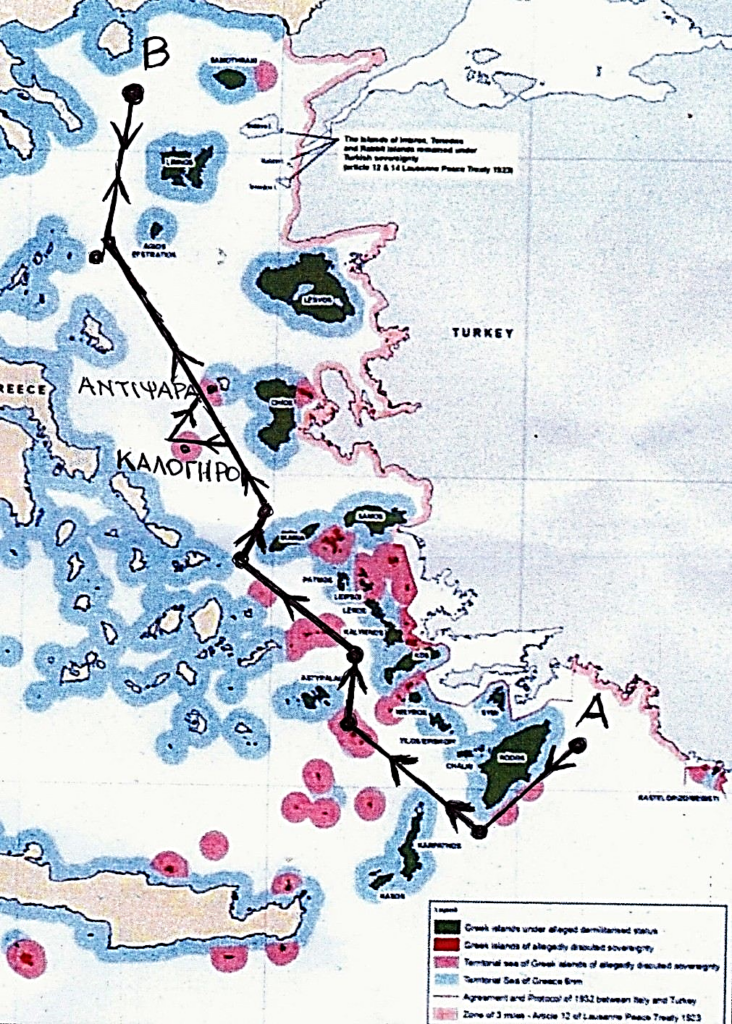
On the map of the Report of the American Congress, 29 of our islands are colored pink and are marked as disputed. On the same map we see the almost daily violations of Greek sovereignty by Turkish UAVsTurkey continues to run almost daily with UAVs undisturbed through Greek sovereignty in the Aegean, from Rhodes to Thassos, and back, occupying Greek islands, islets and rocky islets, issuing the relevant illegal international notice in the Athens FIR (see map ).

